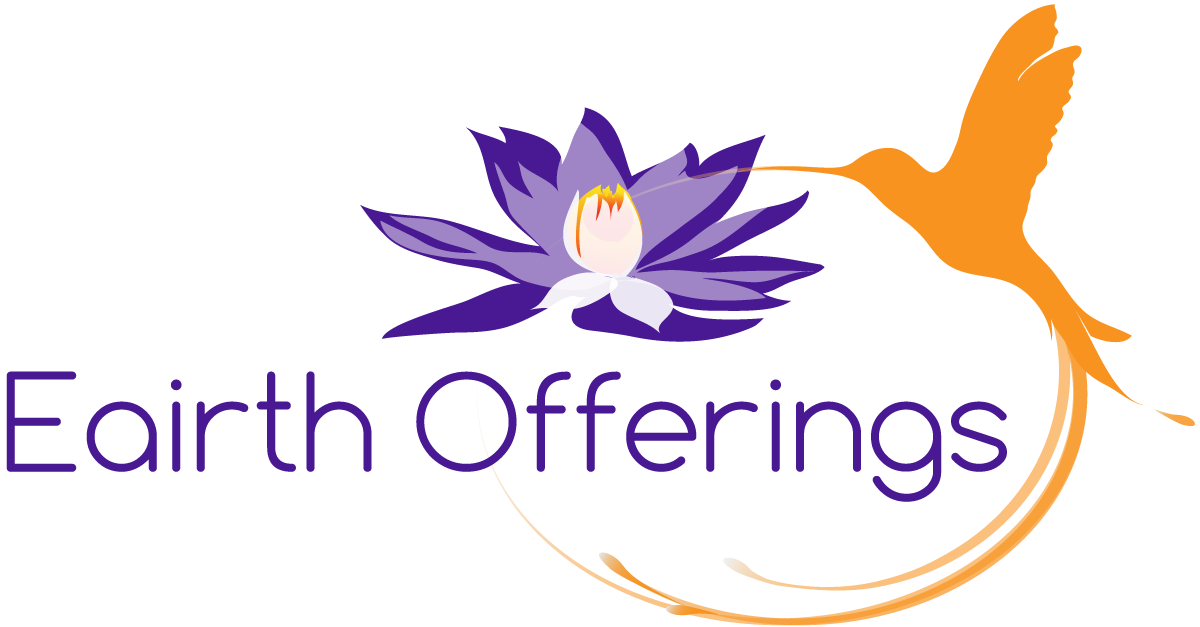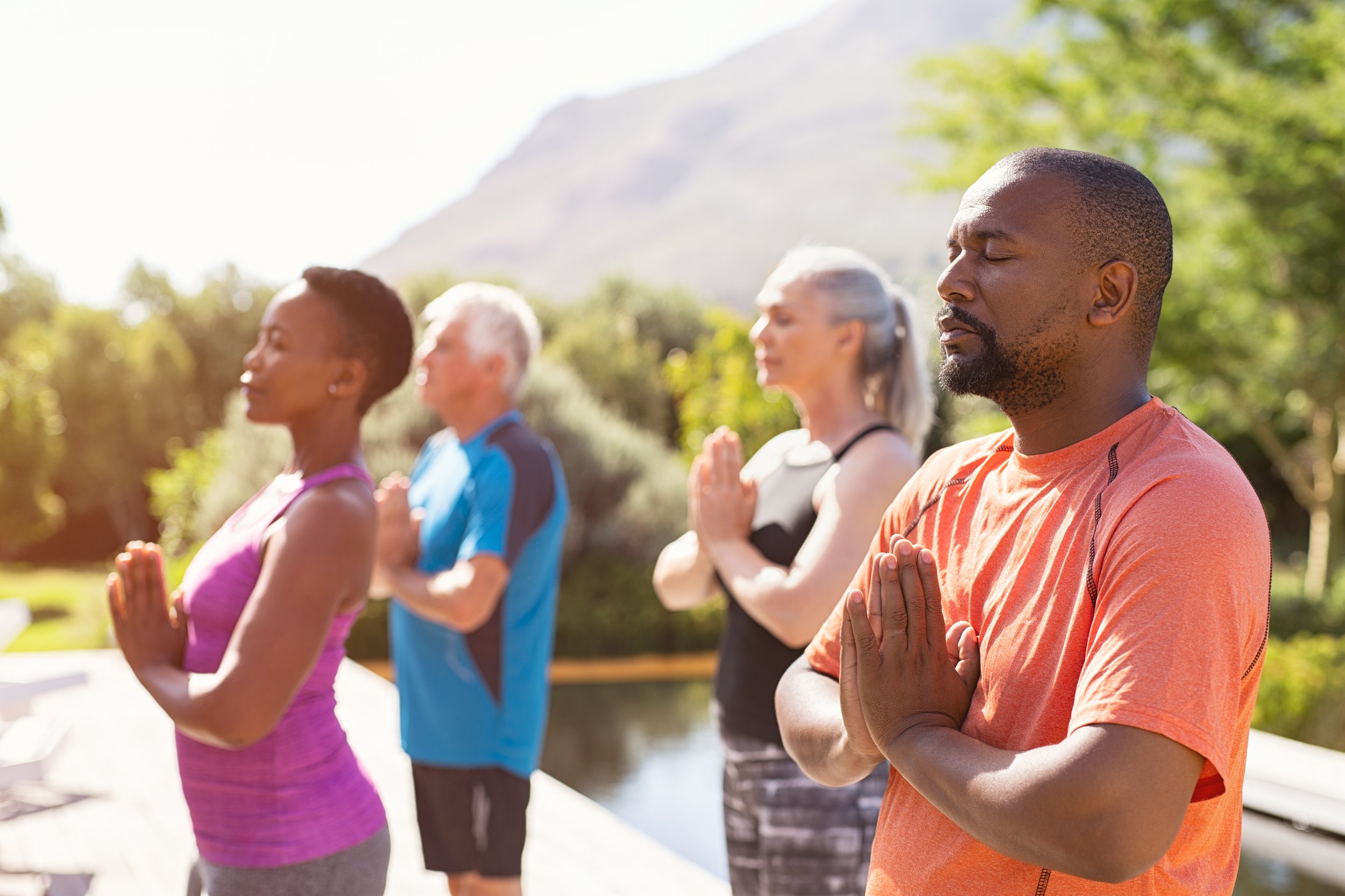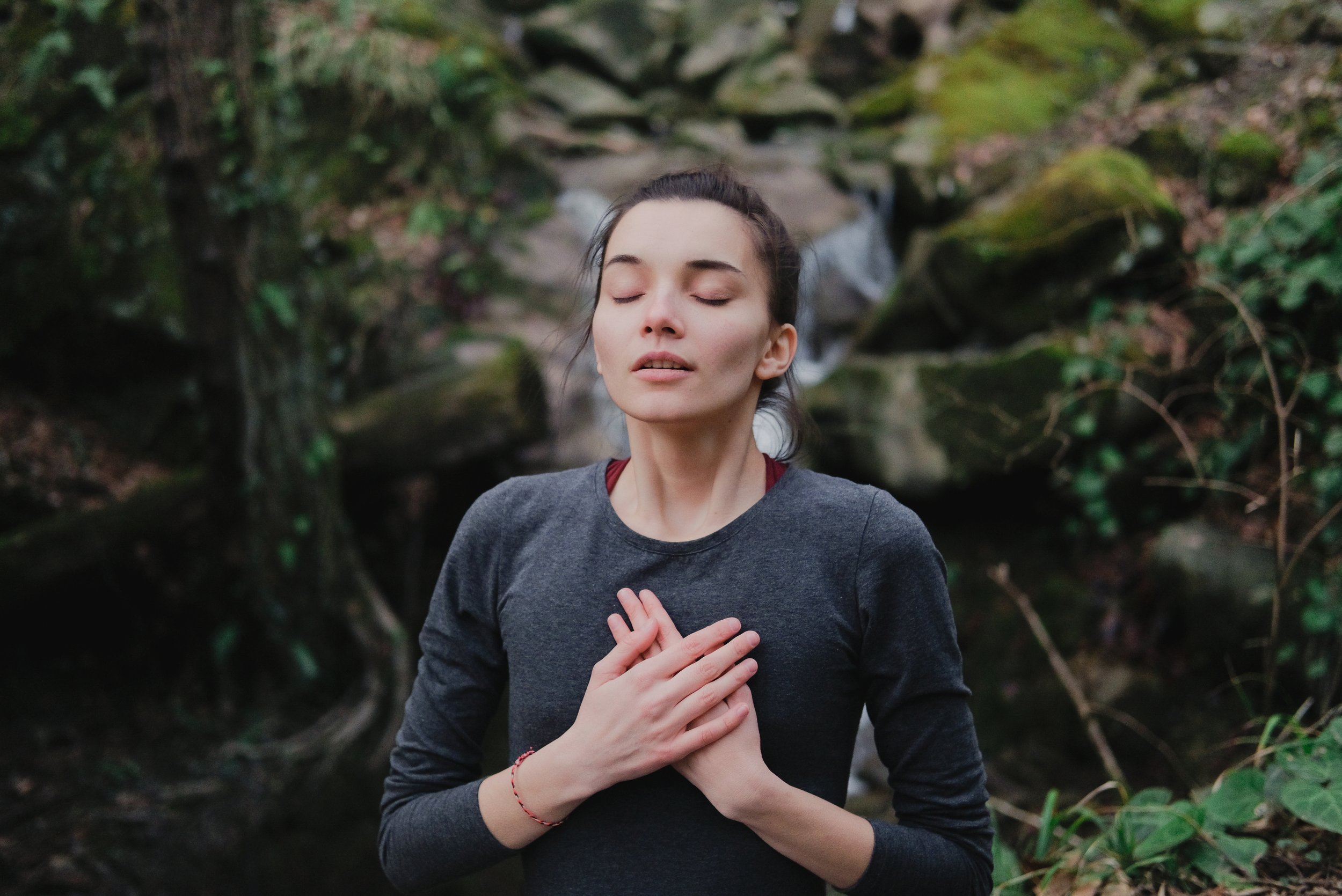Why Mindfulness Practices are So Important Now
In any given moment, we can make a conscious choice to be curious, thoughtful, kind or be on auto-pilot and respond from reactivity and defensiveness. Of course, it’s a continuum of possibilities. I’m reminded of a metaphor one of my teachers, Mingyur Rinpoche, uses: the surface of the ocean has lots of waves and storms and other windy disturbances, but if you go down deeper, you will find an abiding steadiness. Like a sailboat with a very deep keel, we can ride the ocean waves even in stormy waters. Similarly, in Patanjali’s Yoga Sutras, it explains how yoga and meditation are used to calm the ‘vrittis’ of the mind – the fluctuations of mental activity.
There are a few storms on the surface challenging our sense of inner calm in these times: There’s a great deal of uncertainty about how long COVID will be impacting our lives, how we will regard each other, how much, if any unconscious bias we can reveal to ourselves, how we will support the vision of a more perfect union with life, liberty and the pursuit of justice for all, and how we can reduce our carbon footprint to help the earth regenerate.
While our brain likes some measure of novelty, too much uncertainty creates physiological stress responses in our body. Have you noticed an uptick in your “Fight, Flight, Freeze” fear response in the last few years? Maybe you had to cancel travel plans or consider whether a real or virtual hugs is appropriate or what your comfort level is with crowds. Perhaps you lost your job, your home, or a loved one. Maybe you take a COVID test before gathering with friends and family or choose not to go to a holiday meal because you feel ‘under the weather’ and aren’t sure what’s going on.
The stress of uncertainty can produce feelings of anxiety. The physiological effects of chronic anxiety can wreak havoc with our immune system. How’s your sleep? Your digestion? How are you metabolizing the events of your days? How much screen time is keeping you frozen in your seat?
While we can’t control the future, we do have agency over our own experience. As I said, in every moment, we have a choice. You may be familiar with this Cherokee parable:
An old Cherokee is teaching his grandson about life. “A fight is going on inside me,” he said to the boy. “It is a terrible fight and it is between two wolves. One is evil – he is anger, envy, sorrow, regret, greed, arrogance, self-pity, guilt, resentment, inferiority, lies, false pride, superiority, and ego.”
He continued, “The other is good – he is joy, peace, love, hope, serenity, humility, kindness, benevolence, empathy, generosity, truth, compassion, and faith. The same fight is going on inside you – and inside every other person, too.”
The grandson thought about it for a minute and then asked his grandfather, “Which wolf will win?”
The old Cherokee simply replied, “The one you feed.”
So, how are you feeding each of these wolves?
Could you shift the balance in your favor? It’s certainly possible.
Here are a few suggestions:
1) Yoga: Yoga can bring your awareness back into the body which resides in the present moment. Those sensations in your thigh are happening in the moment – not tomorrow, and not yesterday. And I’ll take a wild guess that while you’re feeling that sensation in a revolved twist, you’re not thinking about your to-do list. Visit my YogAwareness Vimeo channel and pick a yoga practice that calls you. I keep adding new ones, so bookmark it. Or take a live class
2) Object Meditation: Take 3-15 minutes to sit quietly and give your mind a small job like listening to sound or feel your hands resting on your lap or legs, or lightly notice your breathing, or let your eyes rest on a flower or rock. When your mind drifts to other things, which is natural, gently bring it back to the task and begin again without any judgments.
3) Five-Finger Breathing: Sometimes, the seas are pretty rough. In those moments, something more tactile like “Five Finger Breathing” can be helpful: tracing your index finger up and down each finger on the other hand, inhaling up one side, exhaling down the other matching movement to your breath. That can bring a runaway train to a full stop and afford you a more mindful, clear and skillful choice.
4) Mindful Breathing: Put one hand on your chest, one hand on your belly; bring your awareness to your breath, notice as your inhale causes your belly to rise (or extend out if you’re sitting up) and return as you exhale fully. You can let your inhale grow into the back of your heart… your upper back.
5) Viparita Karani: Another embodied practice to help reduce anxiety is to lie on the floor and put your legs up over the couch or bed or up a wall. Putting a pillow or blanket under your hips can increase the benefit if it’s comfortable. Hang out for 5-10 minutes. If you feel inclined (pun intended), you can put your hands on your body as suggested above.
6) Embodied Awareness: Take time to Cultivate a habit to be grounded in the present moment in your body (rather than living in your head); this helps reduce stress and anxiety and opens us up to the possibility of experiencing joy and compassion. By connecting with the depths of our internal ocean, even for short moments, we can begin to stabilize our awareness and sail through the array of daily storms.
In the same way that we want to be happy and live with ease, so do others. We can be a light in the storm for those who are lost on the proverbial seas of stress. No matter our beliefs, we are all in this together.
Tara Brach spoke about the need to develop “radical empathy… revolutionary love… an unconditionally inclusive heart.” She cited an African proverb that has stuck with me:
“The child who is not loved by the village will grow up to burn it down for its warmth.”
7) RAIN: Tara also talked about how we need to wake up from the trance of fear. She offers a tool called RAIN, which I find helpful to process overwhelming emotions that can capsize our ship:
R: Recognize what’s up in the moment – emotions, thoughts, images, sensations
A: Allow – make space for these feelings and sensations
I: Investigate somatically – get curious about where in the body you sense these feelings; is there a tightening in your chest or stomach or fingers? Are your eyes open or squinty? What areas feel contracted or open?
N: Nurture – How might you offer some kindness to this part of you? For example, placing your hands on your heart and affirming, “May I be happy. May I be healthy. May I live with ease….”
When you’re grounded, calm, and connected to your body, you have access to a whole lot more resources, and that’s a benefit to everybody around you. The more the merrier! Our nervous systems co-regulate, so if more of us are sailing with a long deep keel, we won’t create waves that might capsize other wavering ships.
Great Horned Owl and nestling at Mt. Pisgah - photo by Julia Siporin
This is a great time to be starting or doing a regular yoga and mindfulness nature-based practice!
Check my schedule on the home page for online classes or schedule some private sessions.
Sign up for one of my monthly bird walks on the 2nd Sunday of the month or a Mindful Meandering walk on the 4th Sunday of the month between March and October - both at Mt. Pisgah Arboretum.
In addition, getting outside in nature for regular heart-healthy walking, biking, paddling will also go a long way to towards your physical, mental, and emotional well-being.












